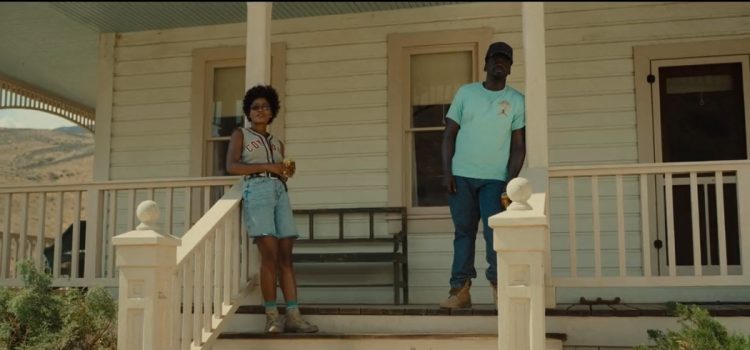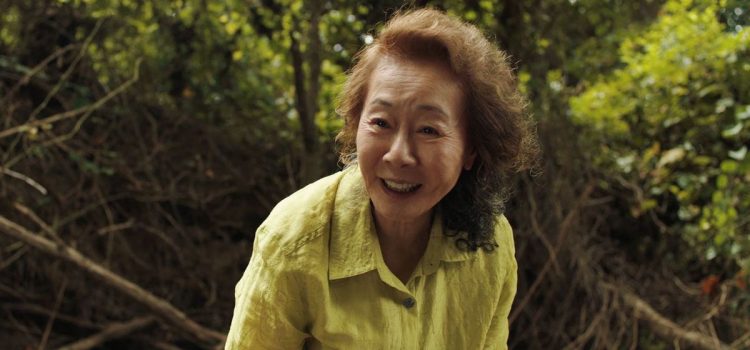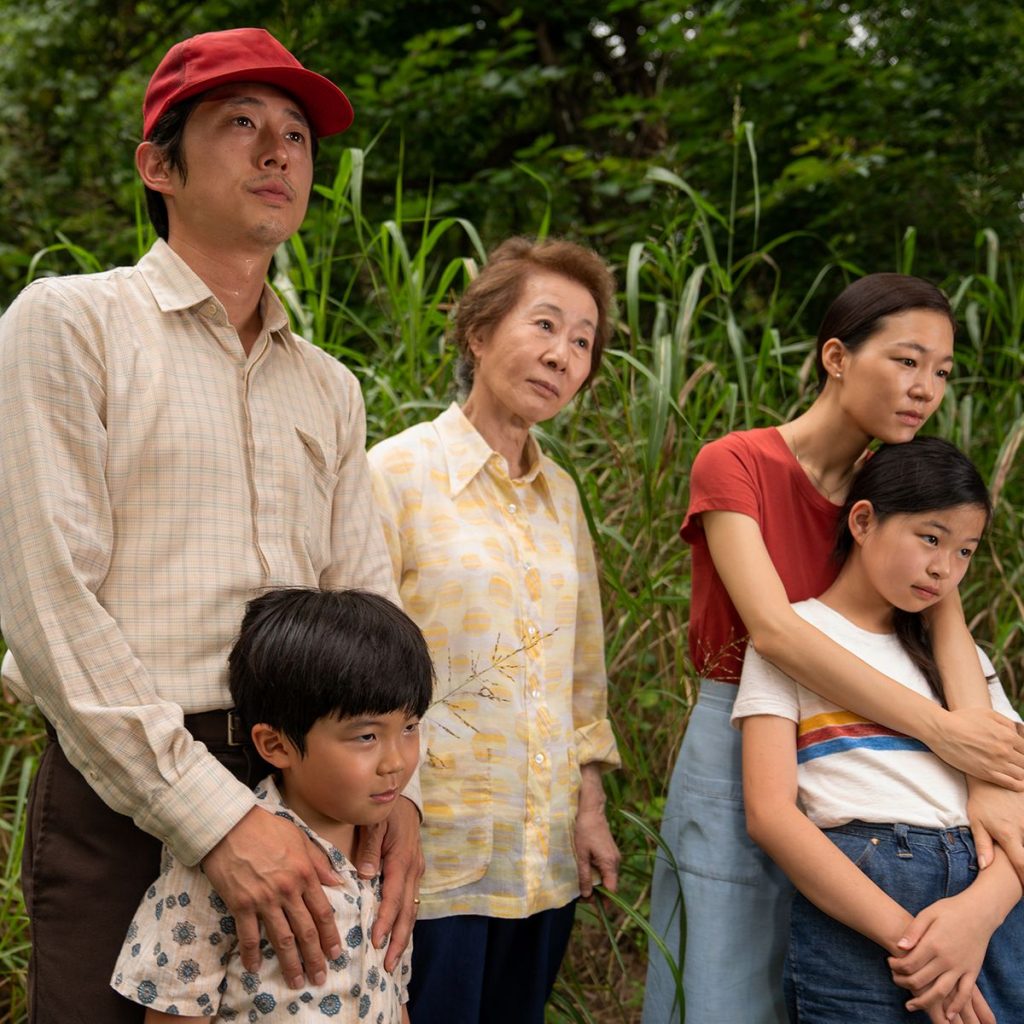By Lynn Venhaus
Technically brilliant but weak in coherent storytelling, “Nope” is an amalgam of tones and textures that convey horror and the strangest things.
In only his third film, director Jordan Peele, Oscar-winning writer of “Get Out,” follows up “Us” from 2019 with equal parts originality, pastiche, and satire. It’s clever, spooky, funny, and gruesome.
Two siblings, OJ and Emerald Haywood (Daniel Kaluuya and Keke Palmer), are taking care of their family’s horse ranch in inland California. Their father, Pops (Keith David), built up the horse business to provide animals for Hollywood productions and became a legend. They are barely staying afloat now, though. The horses get spooked and the pair witness unexplained phenomenon that gets increasingly hostile. But fascinating – and if they can prove alien life, a financial life raft.
Kaluuya, so good in Peele’s cultural phenomenon “Get Out” and Oscar winner as Fred Hampton in “Judas and the Black Messiah,” is the laid-back horse trainer, OJ (wink-wink), who worked with his dad Otis Sr., on the dusty remote spread. His bubbly, scattered sister Emerald – Palmer in a live-wire role — does not complete tasks or take responsibility, so OJ is left being the heavy lifter.
But when weird things start happening, will they be able to successfully team up and rise to the occasion to defeat something they don’t understand?
Meanwhile, at a nearby Old West Town amusement-theme operation, former child star Ricky “Jupe” Park (Steven Yeun) tries to overcome a traumatic childhood incident and entertain the masses, using the sci-fi spectacle to his advantage. At least, that is his plan.
The characters are intriguing and mysterious, but the Haywood kids’ personalities, being opposites, don’t lend themselves to building emotional connections when that would have immensely benefitted the movie.
It is clever how the siblings figure out what works and what doesn’t. With the help of a techie at a big-box store, Angel Torres, well-played by Brandon Perea, and an old-school cinematographer drawn to the mysterious goings-on – Michael Wincott, who maintains a sage but wary vibe.
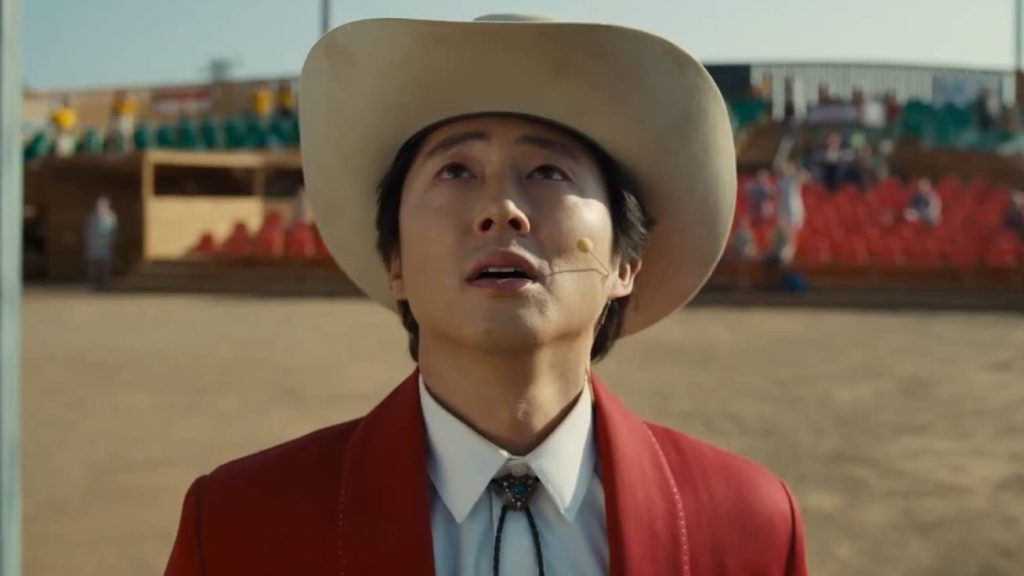
Yeun, showing yet another facet after his Oscar nomination for “Minari,” evokes sympathy, pity and at times is a pathetic, sad figure, as the former scarred-for-life child star clinging to a lower ring of showbiz as a vaudevillian showman.
Now that’s one you want to know more about – even if those two flashback scenes to the set of his sitcom are quite disturbing.
Because it’s hard to get invested in the Haywood and Park journeys when you are confused about what is happening. Peele, at times, instead of surprising us, dulls the impact by keeping us at arm’s length.
Not that there aren’t a couple jump scares, some well-placed funny lines, and escalating tension every time the power goes out or the UFO vessel swoops down on its prey. The voyager in the sky is less revealing than Ed Wood’s “Plan Nine from Outer Space” or “Unsolved Mysteries,” and that ‘less is more’ effort is frustrating.
What lessens Peele’s impact is that he struggles with pacing – from a slow-burn beginning establishing who’s who to a draggy third act. With a runtime of 2 hours and 15 minutes, at least 20 minutes could have easily been shaved off.
This is an example where the anticipation is greater than the supernatural alien payoff, similarly unfulfilling like in Denis Villeneuve’s “Arrival” (2016) and M. Night Shyamalan’s “Signs” in 2002. The gold standard in space paranormal visits remains Steven Spielberg’s 1977 “Close Encounters of the Third Kind,” but “Nope” tackles other issues that aren’t in the ‘aliens arrive’ lane — black representation in Hollywood, entertainment spectacles, American identity and more. Some of the themes he’s using are clear, while others are opaque.
The writing, in a rather minimal slideshow way, lacks plot details that would help connect the dots and thread the needle, preferring to be stingy with any information that can illuminate or help explain the strange goings-on. Even though there are some truly creepy segments, Peele seems to strive for confusion instead of understanding.
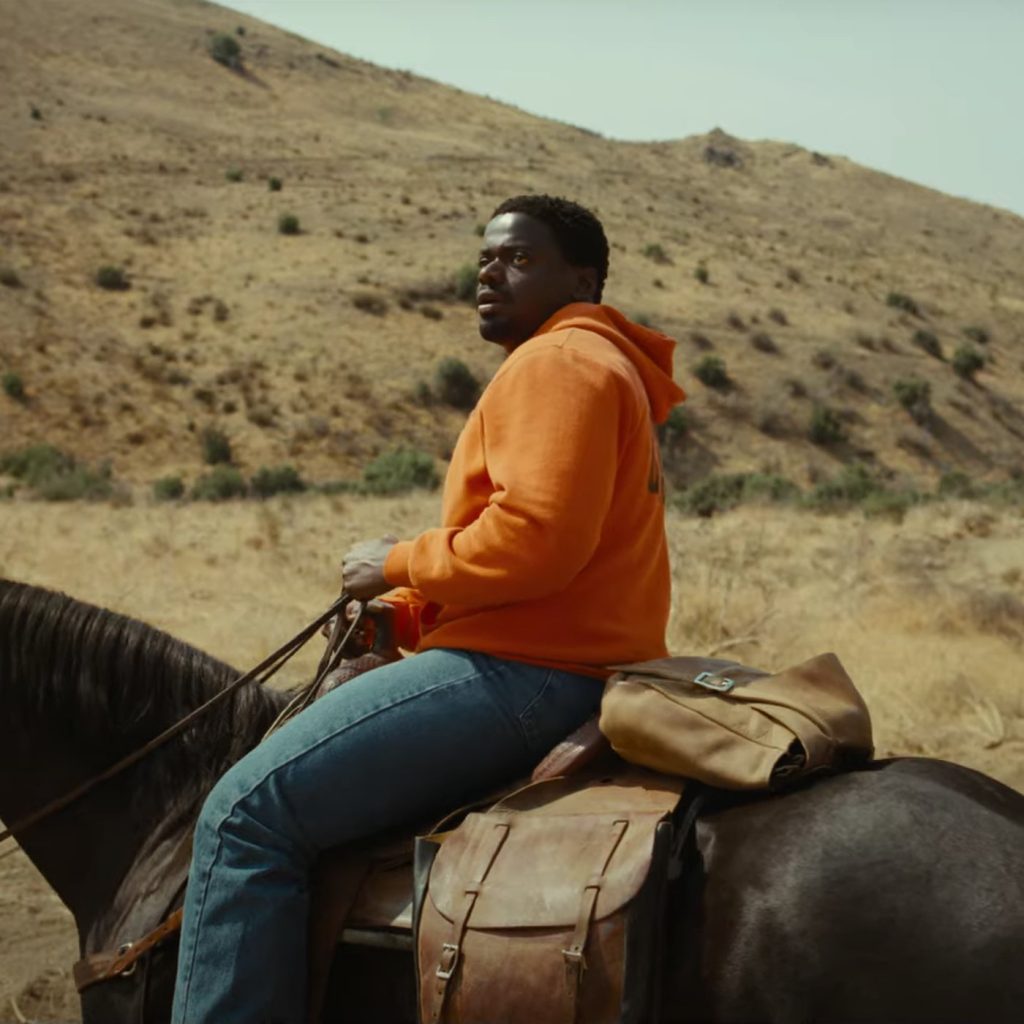
Hoyte van Hoytema, Oscar-nominated for “Dunkirk” and Christopher Nolan’s go-to cinematographer, has captured the grandeur of this gulch in Santa Clarita Valley, with its mountains and foothills, its dusty vastness, as well as its ominous clouds and eerie remoteness. It’s both breathtaking in scope and spine-chilling in growing the unease.
Rebecca De Jong’s production design is a marvel of kitschy western theme park with glitzy faux fun touches, the fringes of old-fashioned entertainment from a bygone era, and Mother Nature’s ability to surprise and raise goosebumps at the same time.
Composer Michael Abels, who has scored Peele’s previous films, builds both the weirdness and the growing menacing tone in his musical selections. And as with any eclectic soundtrack melding pop culture periods, is pitch-perfect in his selections of Dionne Warwick, Corey Hart and others.
“Nope” is unlike Peele’s previous two films and allows him to stretch into interesting genre work – but had the focus been tighter, we’d be looking at a masterpiece, instead of a flawed film that I wanted to like so much more. If we could have invested more in the characters, that would have enriched the storytelling exponentially.
It really does have some marvelous moments – but at the same time, many head-scratching ones too.
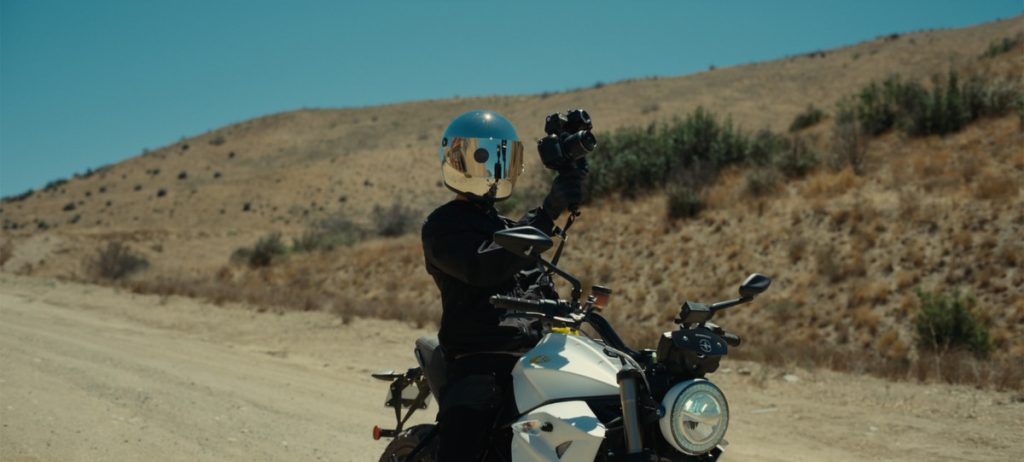
“Nope” is a 2022 horror-sci-fi-mystery thriller directed by Jordan Peele and starring Daniel Kaluuya, Keke Palmer, Steven Yeun, Brandon Perea, Michael Wincott, and Keith David. Rated R for language throughout and some violence/bloody images, its runtime is 2 hours and 15 minutes. In theaters beginning July 22. Lynn’s Grade: B-

Lynn (Zipfel) Venhaus has had a continuous byline in St. Louis metro region publications since 1978. She writes features and news for Belleville News-Democrat and contributes to St. Louis magazine and other publications.
She is a Rotten Tomatoes-approved film critic, currently reviews films for Webster-Kirkwood Times and KTRS Radio, covers entertainment for PopLifeSTL.com and co-hosts podcast PopLifeSTL.com…Presents.
She is a member of Critics Choice Association, where she serves on the women’s and marketing committees; Alliance of Women Film Journalists; and on the board of the St. Louis Film Critics Association. She is a founding and board member of the St. Louis Theater Circle.
She is retired from teaching journalism/media as an adjunct college instructor.

